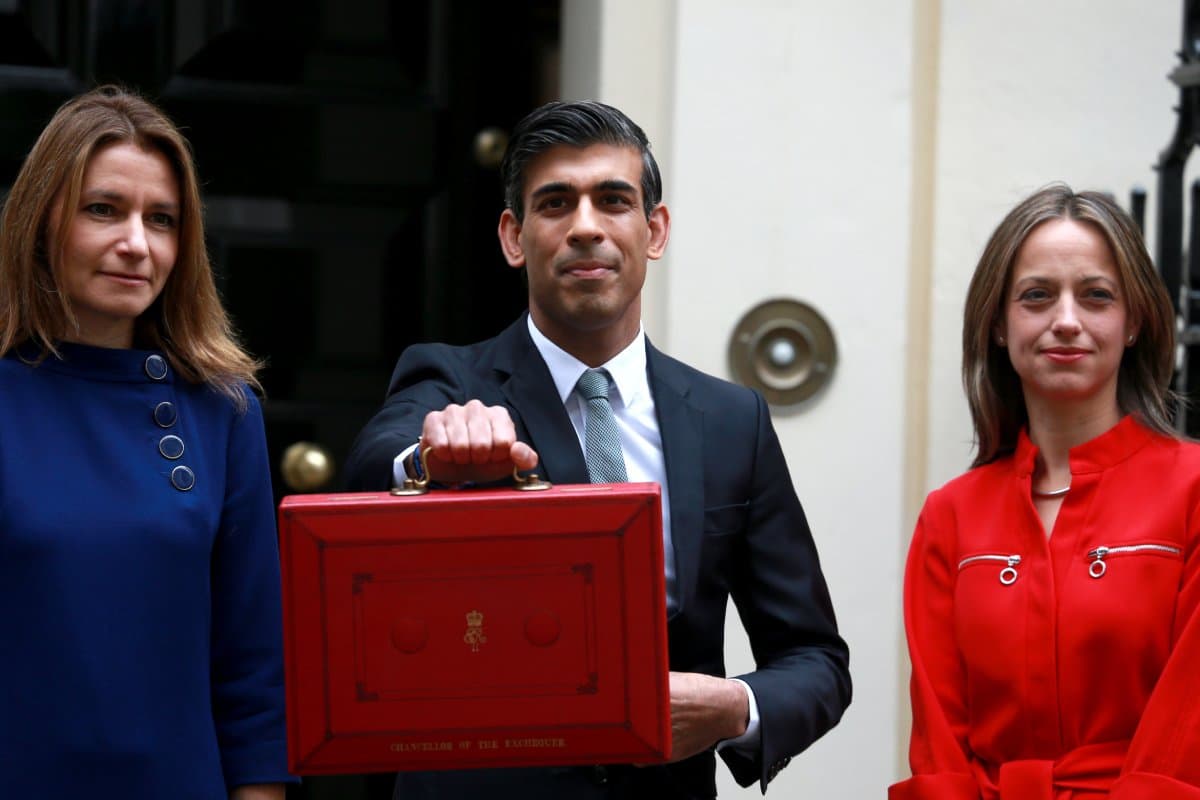Prime Minister Rishi Sunak pledges a significant boost in UK defence spending to 2.5% of GDP by 2030, navigating geopolitical tensions and electoral considerations amid a shifting global landscape. Here’s the full story.
Challenging Time
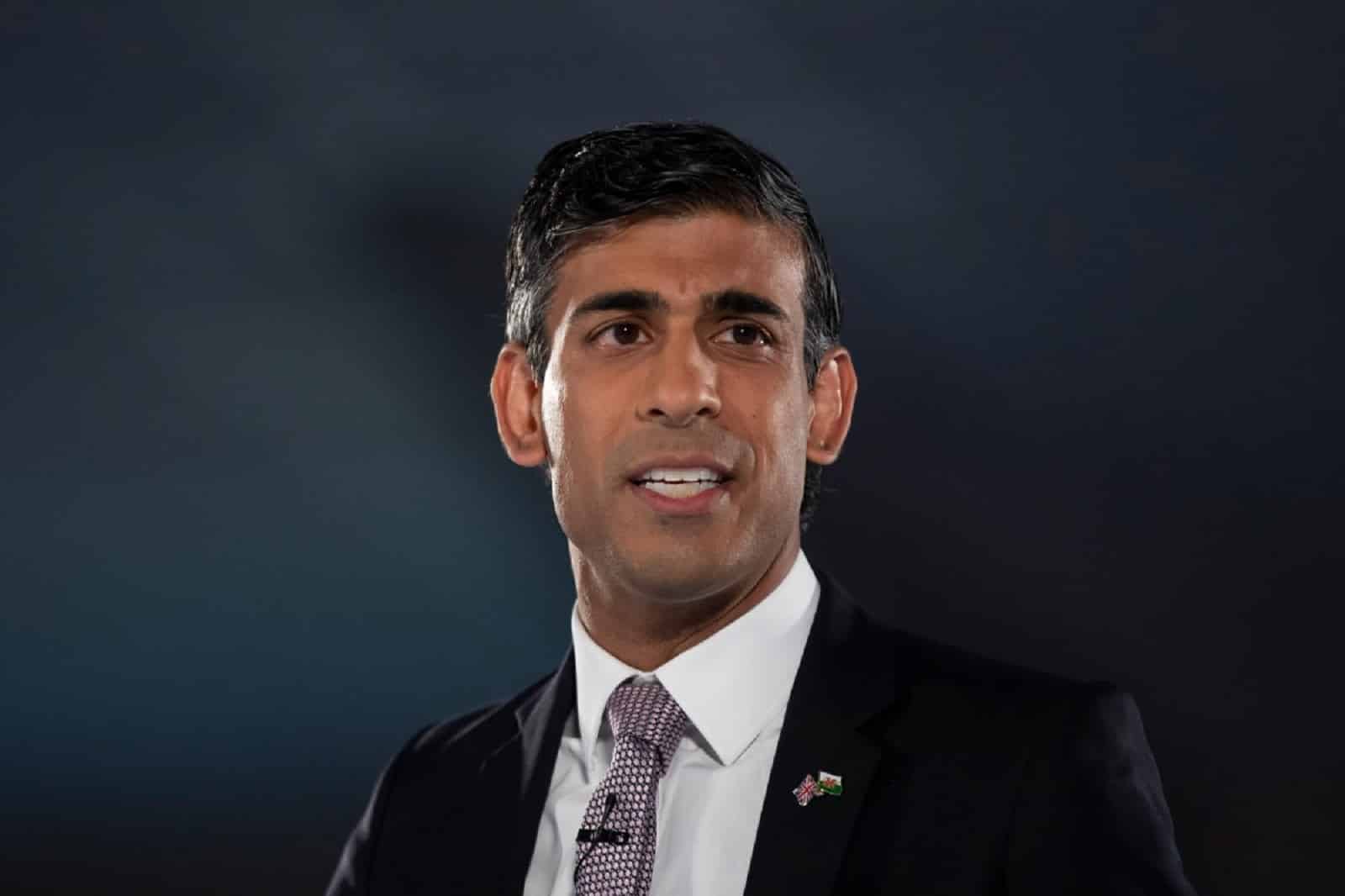
Prime Minister Rishi Sunak has been having a challenging time as Prime Minister, inheriting the economic devastation left by former Prime Minister Liz Truss and the plummeting polling numbers that began following the Partygate scandal under Boris Johnson.
Mounting Problems

More recently, the UK economy has been tanking, with stubbornly high inflation and a cost-of-living crisis putting an unprecedented squeeze on living standards. Similarly, public services like the NHS have been pushed to the breaking point.
The Military Will Save Us

In an attempt to put some of this behind him and put some clear blue water between the Conservatives and Labour for the upcoming election, Sunak has pivoted to a policy platform where his party has generally had the upper hand: the military.
2.5% GDP

Speaking in Poland alongside NATO Secretary Jens Stoltenberg, Sunak outlined plans for a significant escalation in the UK defence budget, intending to spend 2.5% of the country’s gross domestic product (GDP) on the military by 2030.
Increasingly Dangerous World

This move follows a previous spending pledge made by the current government and reflects what Sunak claimed was a necessary response to an increasingly dangerous global security situation.
“War Footing”

Sunak was at pains to stress that the UK was “not on the brink of war” but that the increase in military spending would put the UK’s defence industry “on a war footing.”
This Sounds Familiar
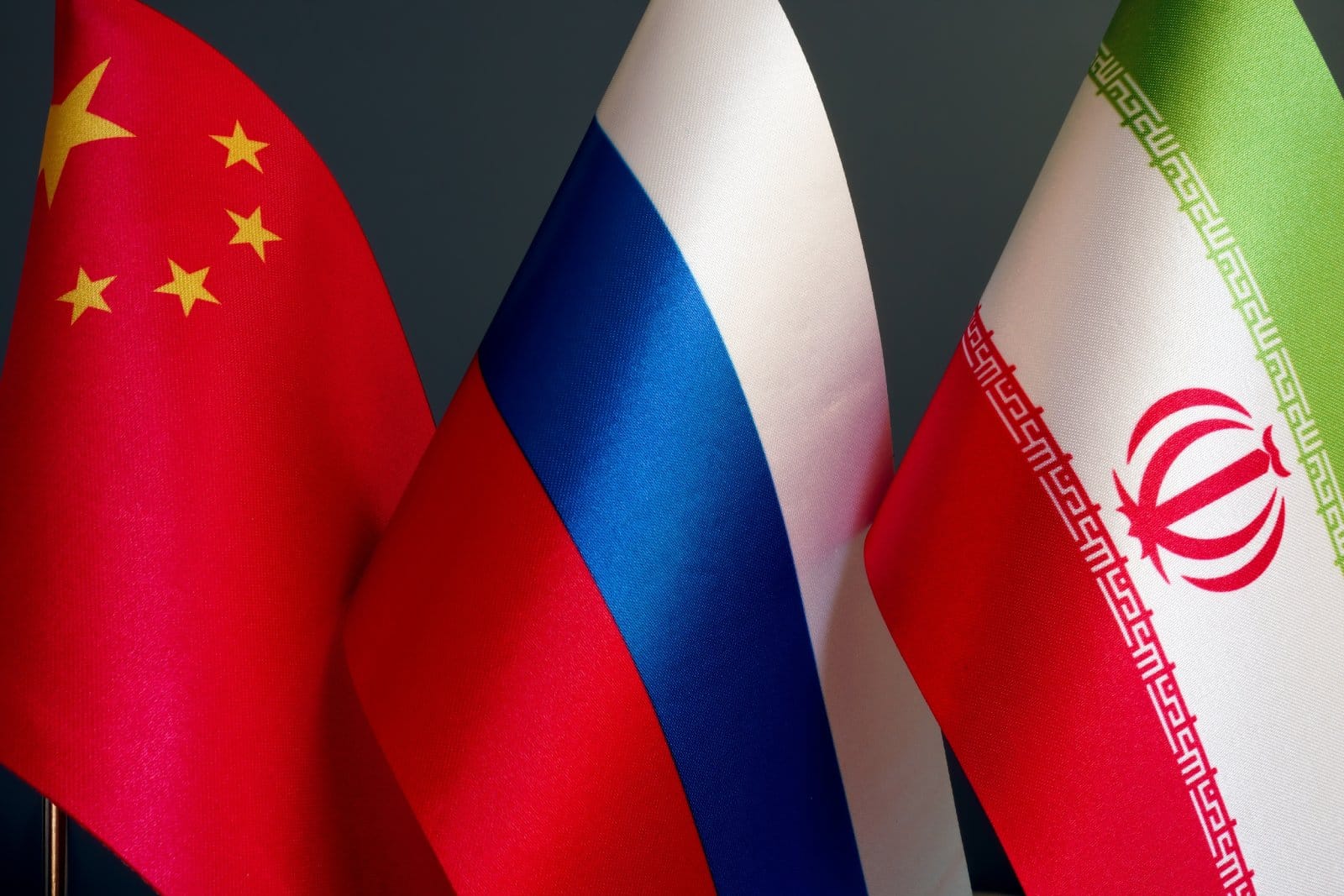
The Prime Minister outlined a pressing need to fortify the UK’s position in the face of what he termed an “axis of authoritarian states,” citing Russia, Iran, North Korea, and China as key adversaries exhibiting a “new assertiveness” on the world stage.
Dangerous World

Sunak stated, “In a world that is the most dangerous it has been since the end of the cold war, we cannot be complacent. As our adversaries align, we must do more to defend our country, our interests, and our values.”
“Generational Investment”

He continued, “Today is a turning point for European security and a landmark moment in the defence of the United Kingdom. It is a generational investment in British security and British prosperity, which makes us safer at home and stronger abroad.”
Substantial Boost
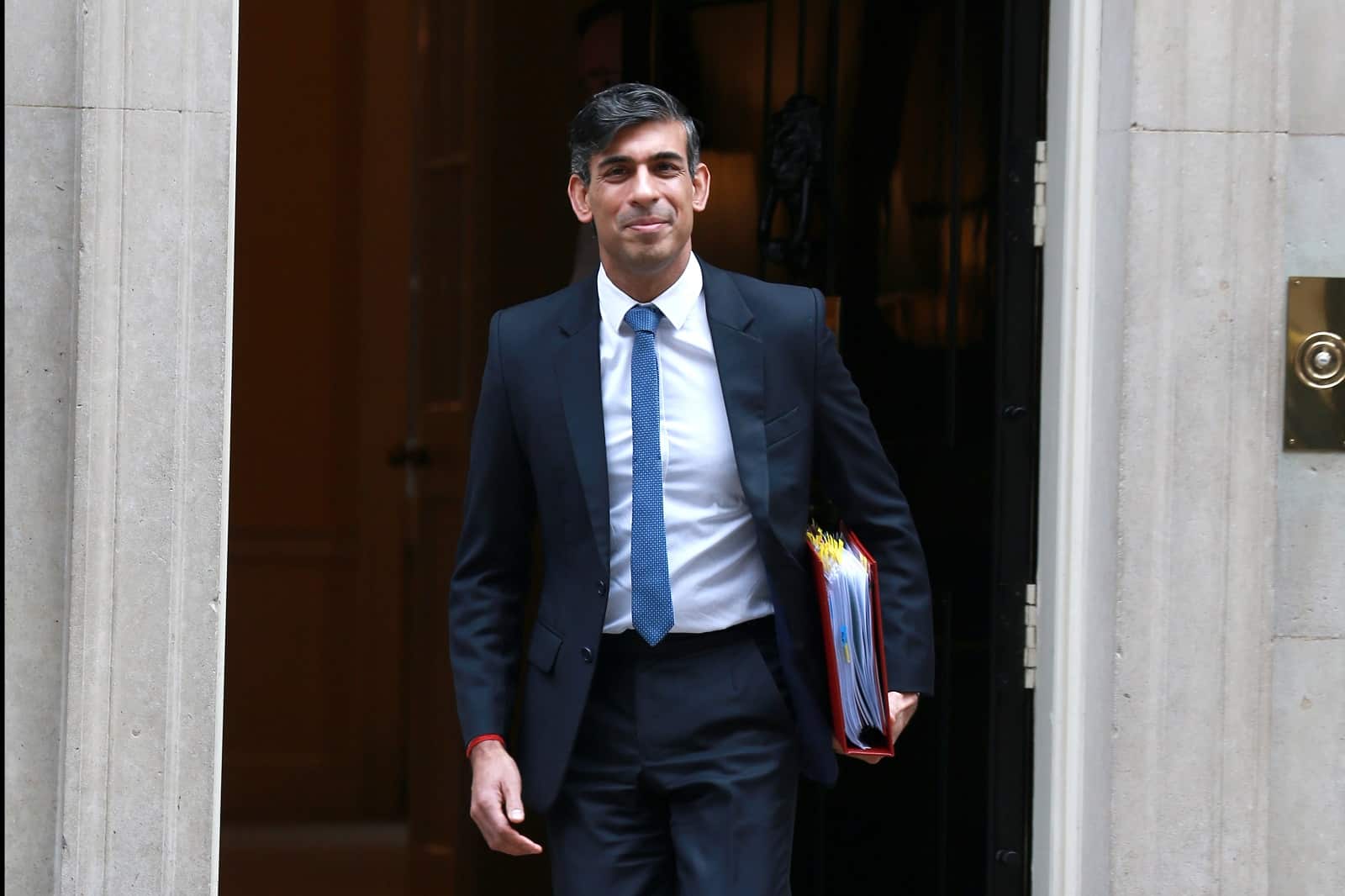
Sunak’s announcement marks a substantial boost in defence spending, but there are currently no plans to expand the size of the country’s armed forces or reverse previously announced cutbacks.
£87.1 Billion

The additional funding, projected to reach £87.1 billion by 2030, is set to fuel various defence initiatives, including stockpiling ammunition and advancing ongoing Ministry of Defence (MoD) programs, including modernising the UK’s nuclear deterrent, which recently suffered two embarrassing failed launches during tests.
Show Your Working

Despite Sunak’s big claims regarding the increased spending, there was a distinct lack of figures to show where the money would come from. The Prime Minister’s office assured questioning journalists that there would be no increased borrowing to pay for the plans.
Budget Cuts

This implies that any money used to increase the defence budget would instead be taken from unprotected departments through further budget cuts, putting more pressure on government departments creaking at the seams.
Fortuitous Timing

Despite worries over where the money will come from, Sunak’s announcement’s timing is notable, particularly with the ongoing war in Ukraine and the looming local and general elections.
Fiscal Responsibility
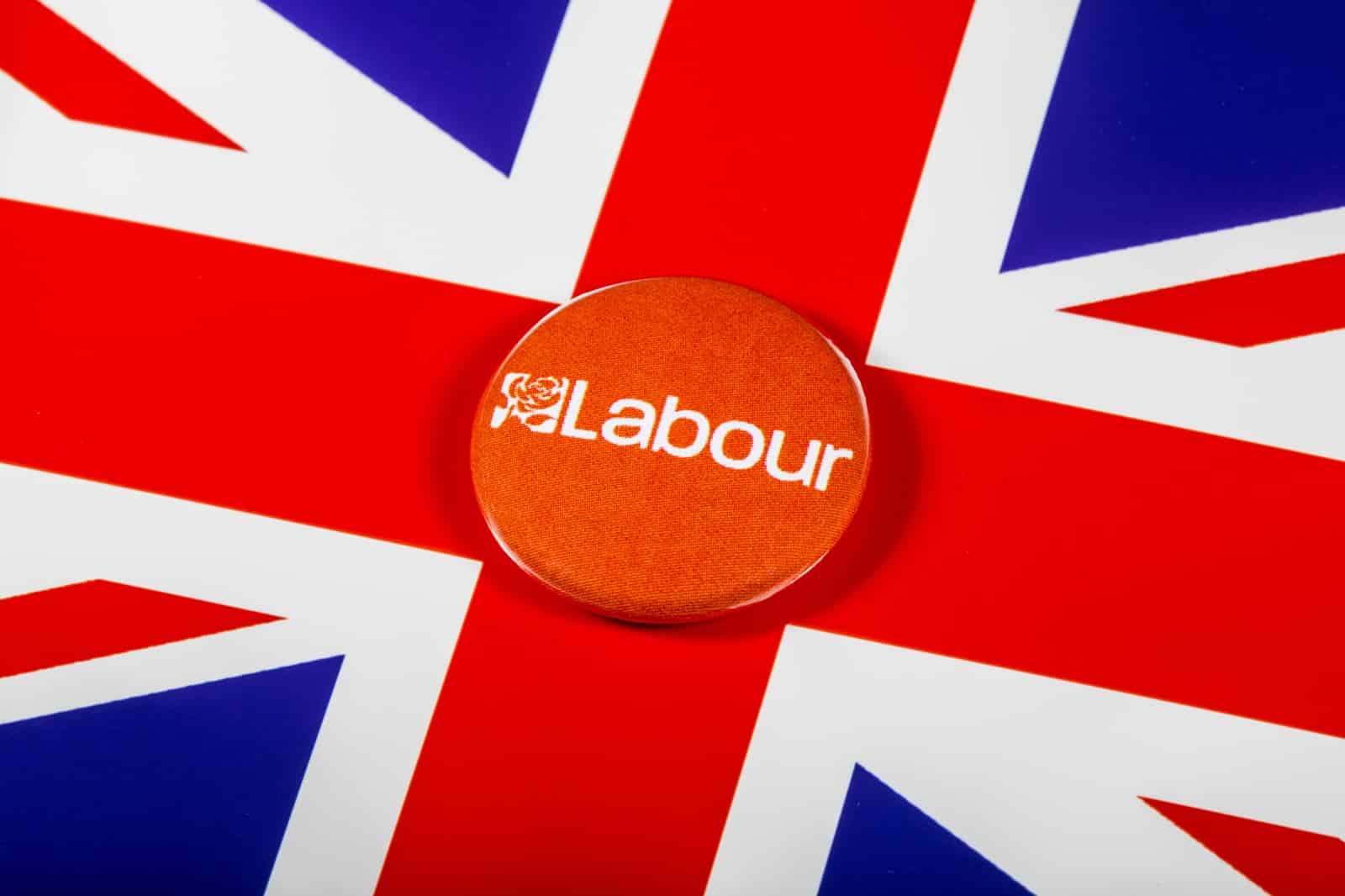
Labour has said that it supports an increase to the defence budget but remains cautious regarding the timing of any increase. It stresses the importance of fiscal responsibility and pledges to increase spending only when the country’s economic performance allows.
“Not on the Brink”
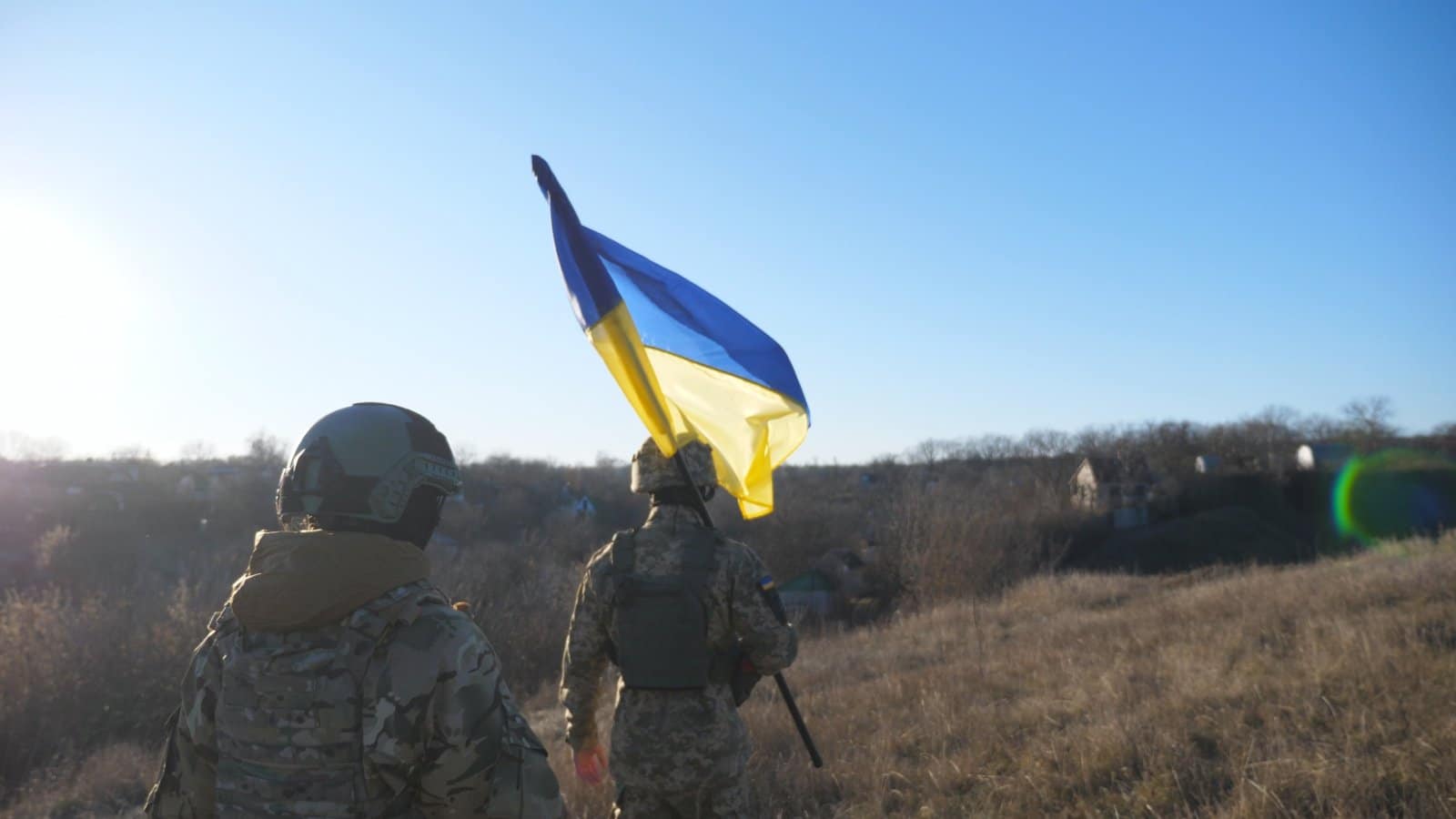
Concerning Ukraine, Sunak told reporters, “We must not overstate the danger. We’re not on the brink of war. And nor do we seek it.”
Match Spending
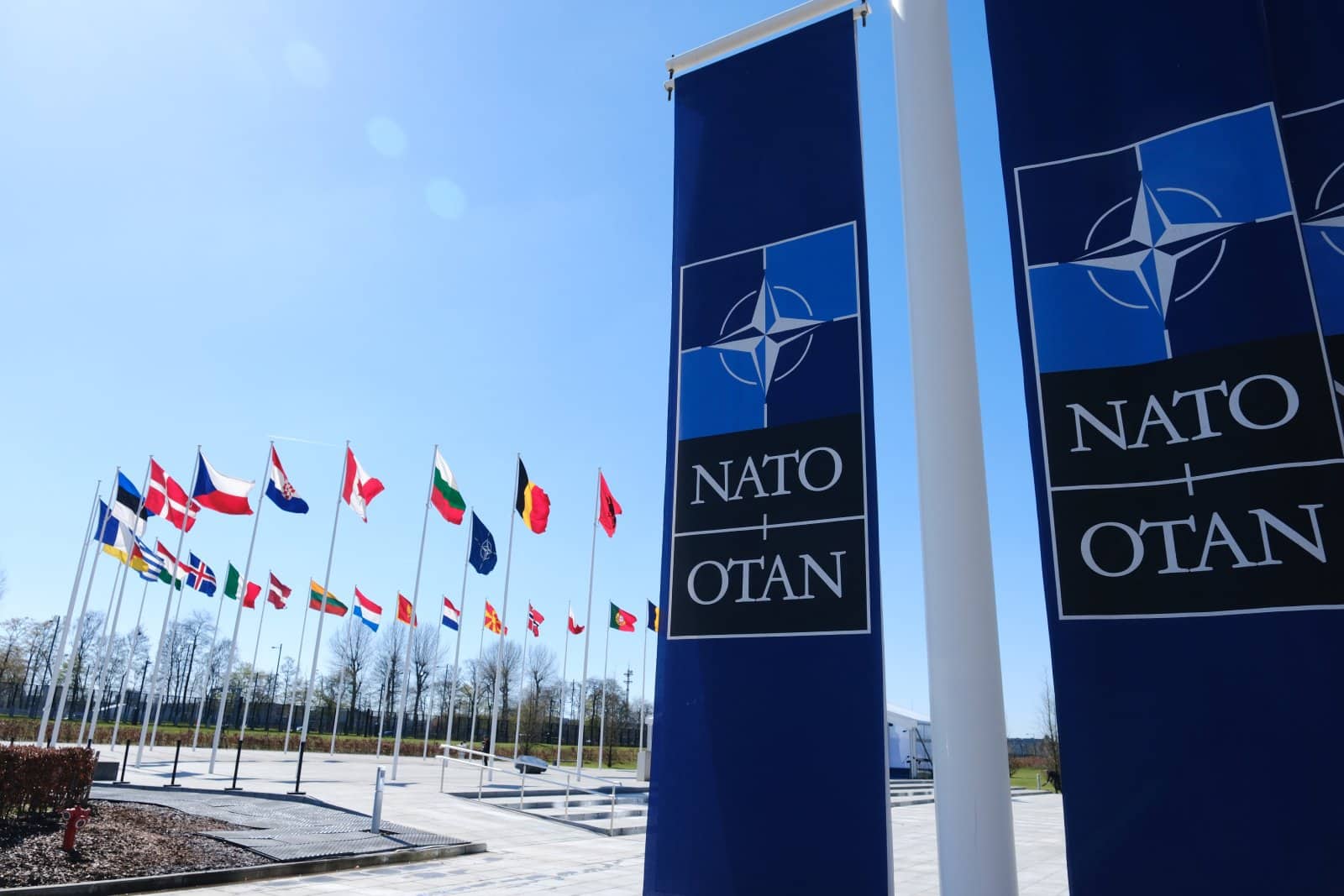
Despite urging caution, the Prime Minister also urged other NATO allies to match the UK’s spending pledges, particularly around the stockpiling of munitions, as the Ukraine war proved that members of the alliance needed “deeper stockpiles” of ammunition.
£500 Million

Sunak also confirmed an extra £500 million for Ukraine this year and pledged ongoing military support for the beleaguered nation “for every year it is needed.”
“Leading By Example”
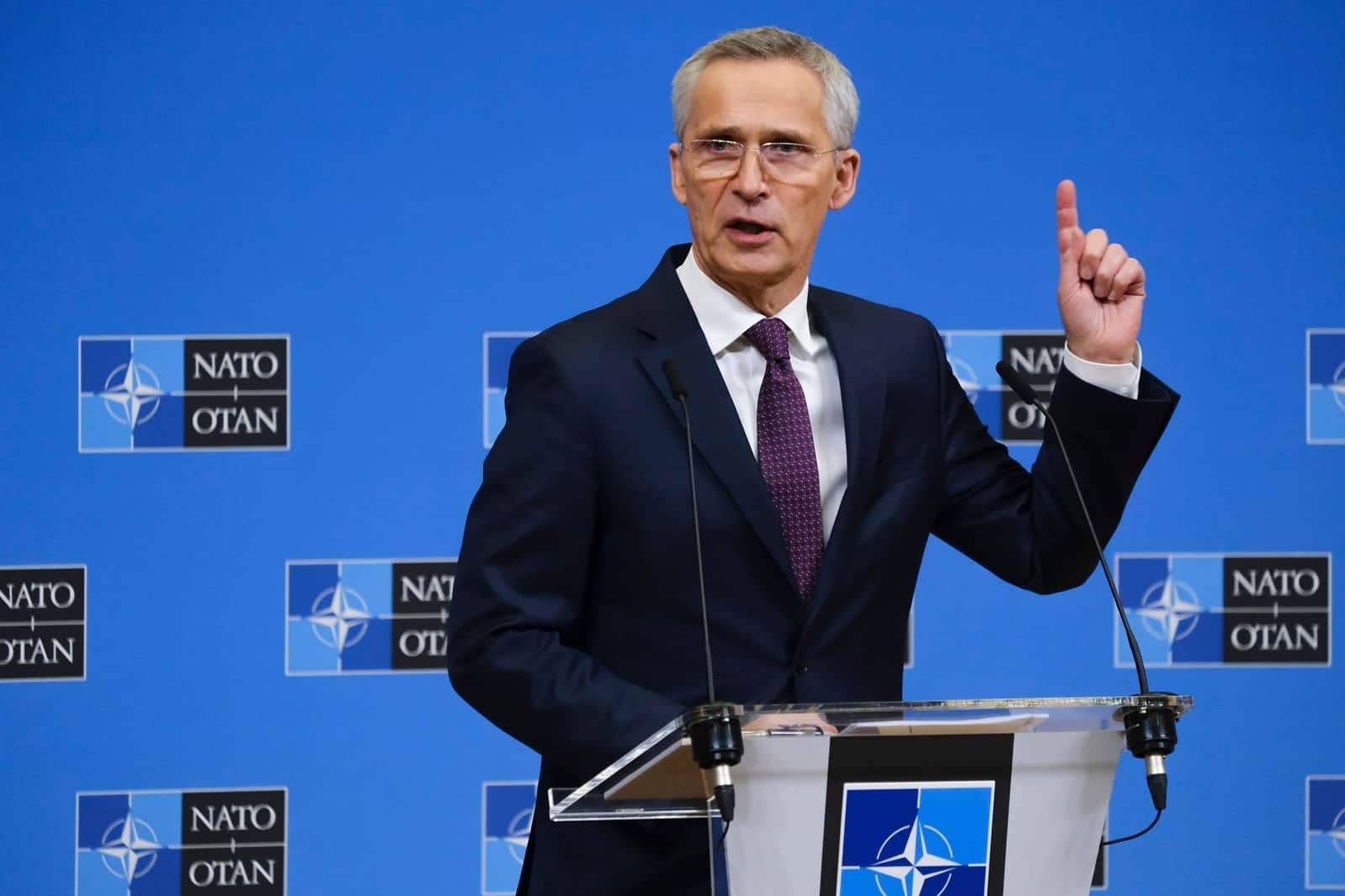
Both moves were welcomed by NATO Secretary General Jens Stoltenberg, who urged NATO members to increase spending and said the UK was “leading by example.”
Reality Bites
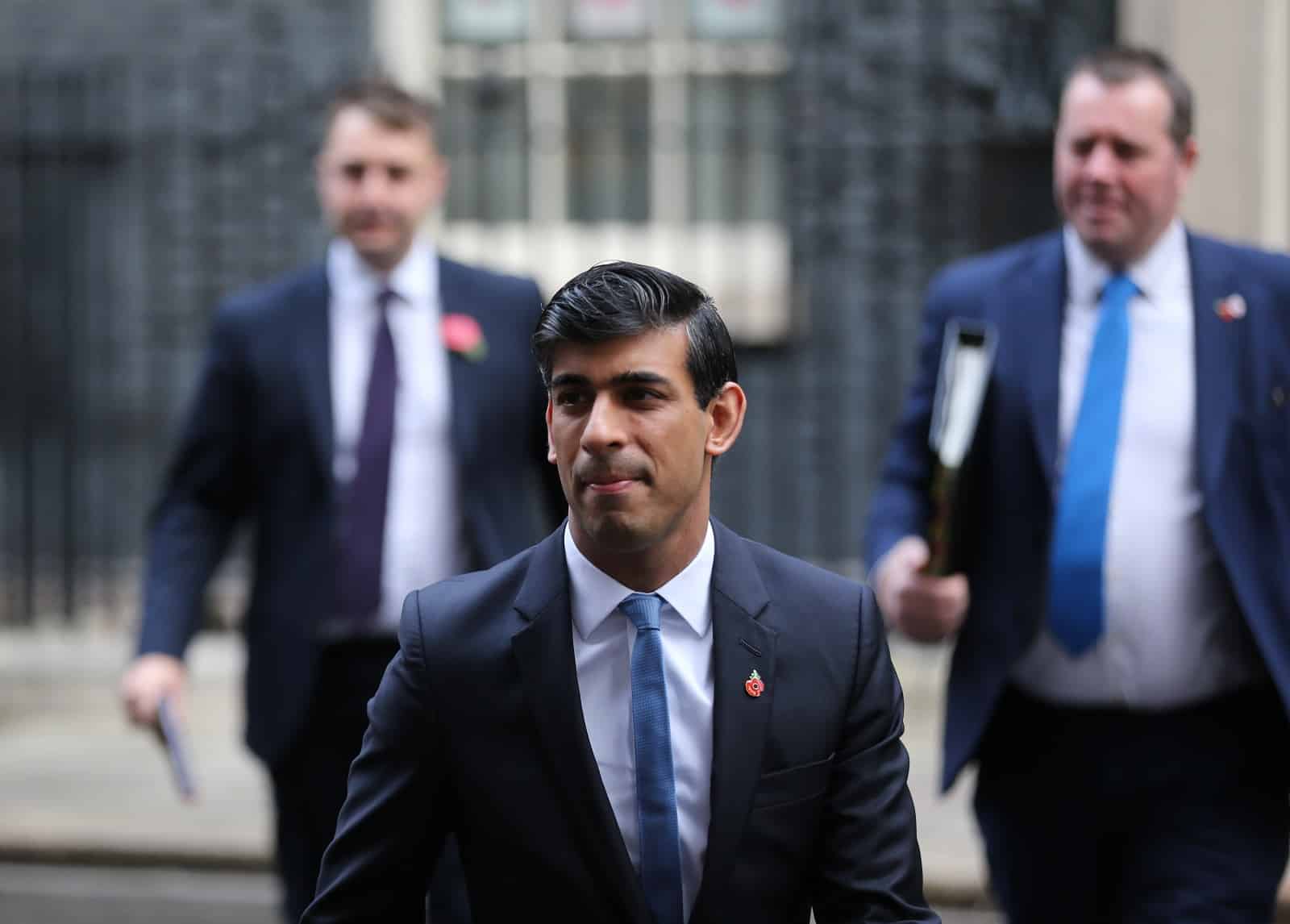
However, the truth may not be so rosy despite Sunak’s heady claims and the Secretary General’s praise.
Lacking a “Credible Plan”

MPs cautioned last month about the government’s lack of a “credible plan” for MoD funding. At the same time, the National Audit Office highlighted a £16.9 billion deficit in the Ministry of Defence’s finances despite a substantial £46.3 billion injection over the next decade.
Economic Targets to Military Ones
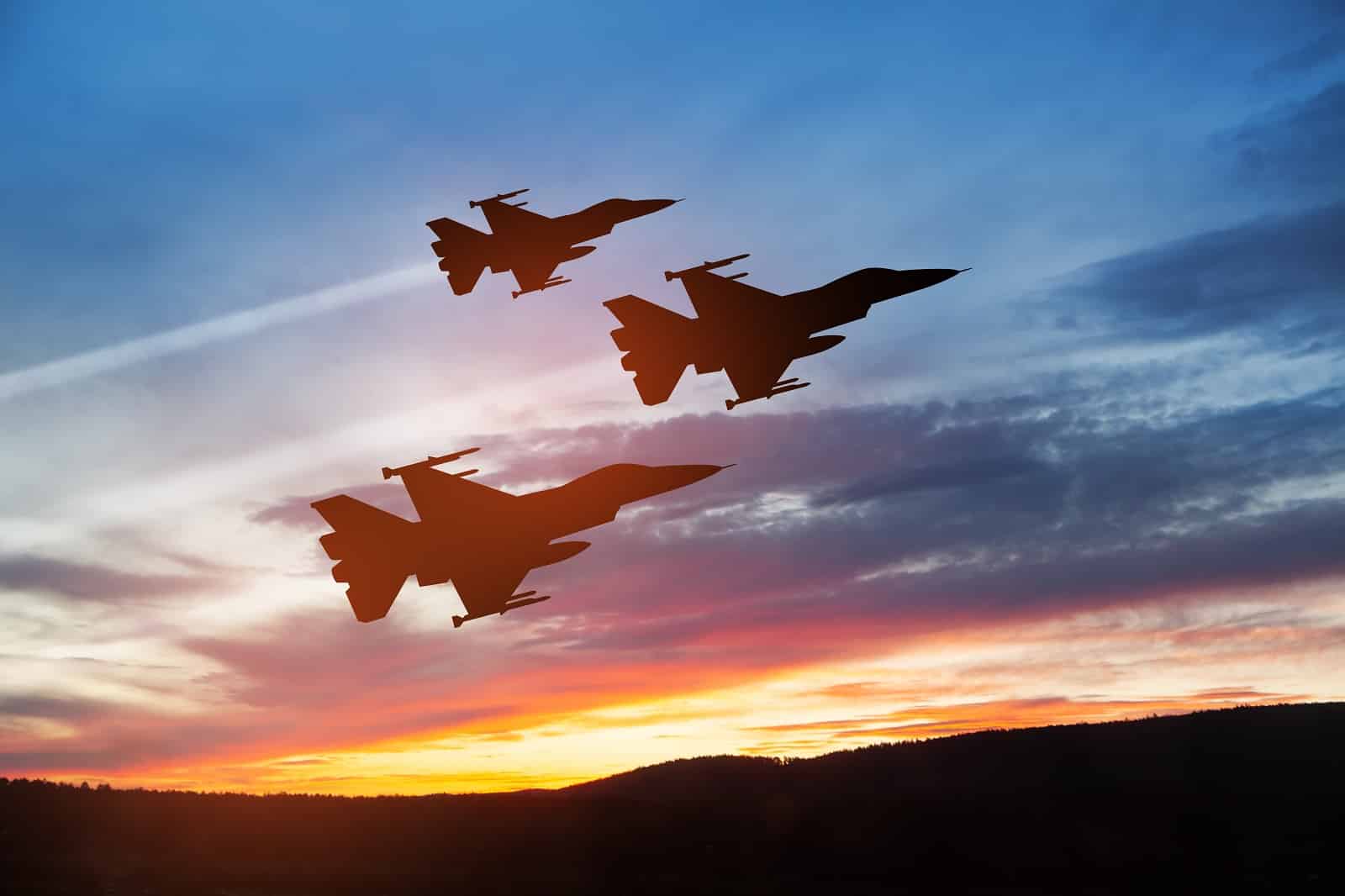
While the Prime Minister watches the upcoming election and the Conservatives’ terrible polling, it seems that he has decided to ditch economic targets in favour of military ones. However, whether this will have any outcome on the election, especially considering there is no telling how a cash-strapped public will take increased military spending, remains to be seen.
More Articles Like This…
Broken Britain: 12 Reasons Behind the UK’s Decline
Say the Unsayable: 10 Occasions When Farage Spoke His Mind About Britain
The post Sunak Pledges to Fortify UK Defence Spending Amid Rising Global Tensions first appeared on Edge Media.
Featured Image Credit: Shutterstock / Fred Duval.
Grant Gallacher is a seasoned writer with expertise in politics and impactful daily news. His work, deeply rooted in addressing issues that resonate with a wide audience, showcases an unwavering commitment to bringing forth the stories that matter. He is also known for satirical writing and stand up comedy.

